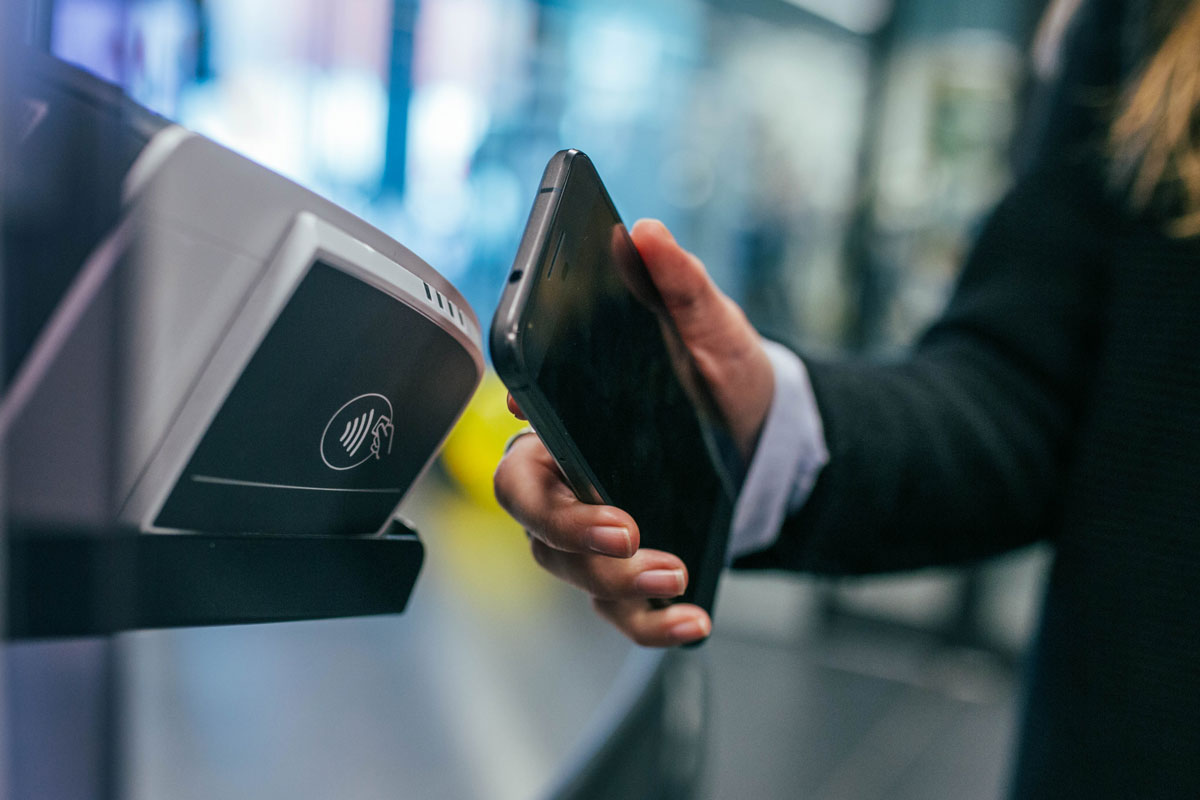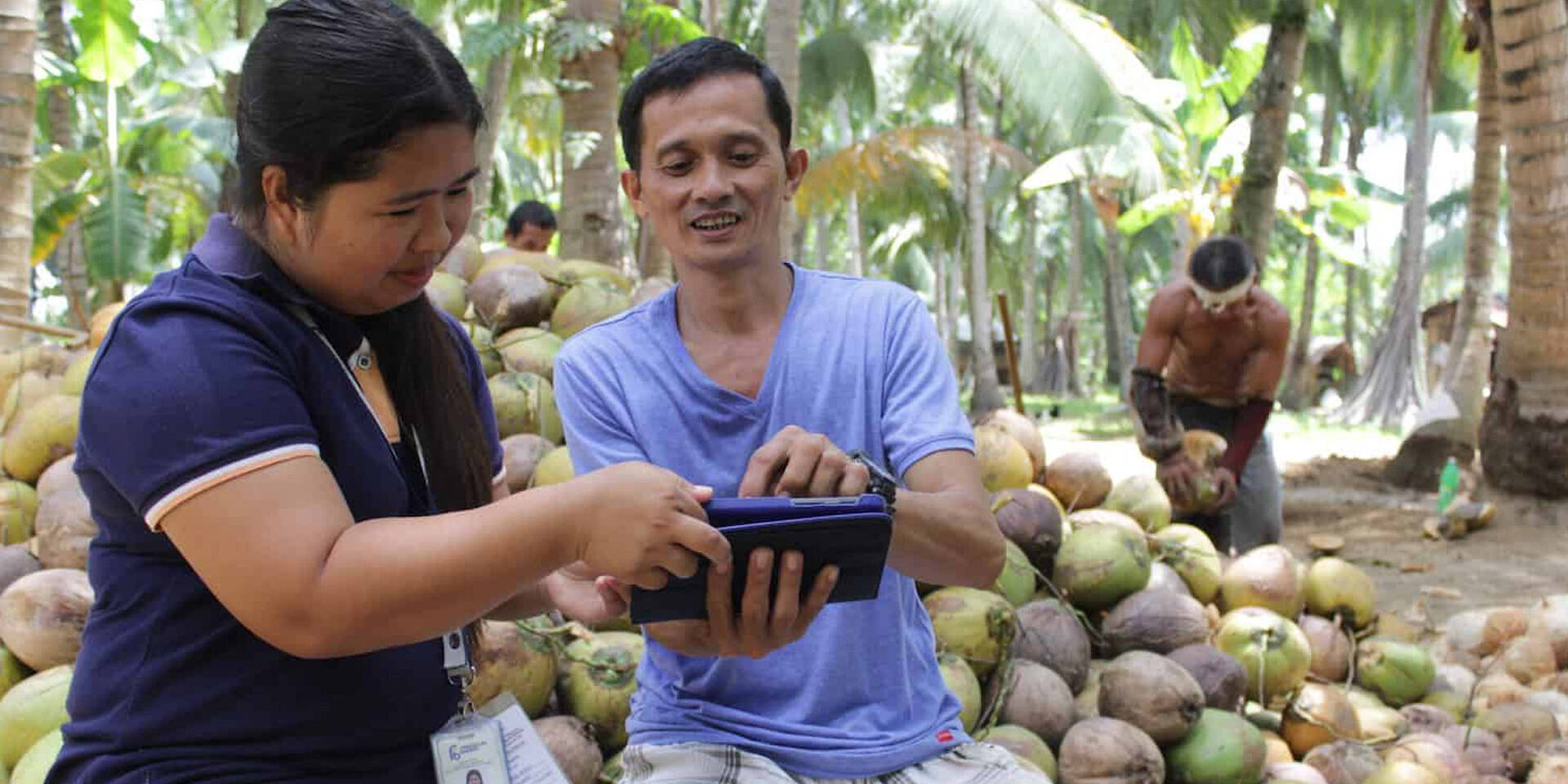Uncertainty is the word to best word describe the current situation now with the coronavirus outbreak.
The pandemic has impacted almost every part of the economy, which has already seen companies furlough employees, close stores, and miss out on funding. People don’t know when they’ll be able to freely go out of their homes. Some don’t know if they have jobs and opportunities still waiting for them after this pandemic. But one thing is sure, people aren’t sure how everything will pan in the next couple of days.
With people stuck in their homes, schools have stopped classes, and some companies are experiencing a phase of stagnation, has this become the new “normal” for us?
It’s easy to wallow onto the dark side of things when everyone is struggling. But if we dare to look closely, we will see there is a silver lining too—an opportunity to adapt and innovate as we utilize digitalization for COVID-19.
The Pandemic Era pushing us closer to Digitalization

Photo courtesy of Nuttawutnuy from Freepik
The pandemic might have affected all of us. But it’s bringing light to the one thing we all need to adapt: digitalization.
Going digital was only once an option. For banks and financial institutions, digital payments and options were only born for the convenience of users. But now that everybody is locked inside their homes, it seems like digital is now a necessity at this point.
There might still be a number of people who will be reluctant and still go for cash. Who wouldn’t blame them? Cash is still king in grocery stores, pharmacies, your corner coffee shop, and your every-reliable sari-sari store.
How can you convince a person, who’s transacted everything in his life through money, to go digital? This is where FinTech startups come in.
Fintech startups are doing the important work of making sure the most vulnerable among us continue to have access to services they need through this pandemic using a digital innovation strategy.
As the fintech sector struggles through the COVID-19 economic fallout, a report from VC Finch Capital offers some light at the end of the tunnel, suggesting that the crisis could ultimately end up benefiting the industry by accelerating the rush to digitalization.
Even Radboud Vlaar, managing partner, Finch Capital, says: “2020 will be challenging for fintech to navigate, but there are better times ahead. Post-crisis, disruptive winners will ‘take all’, as we expect surging demand from financial services for technology to master digital-only interaction, enabled by AI and big-data analytics.”
Who would’ve thought that a pandemic era would push us towards a long-time mission of digital innovators? COVID-19 has reframed how society behaves, making digital-only the new norm for all types of services, especially financial.
Benefits of Going Digital and Cashless

Photo courtesy of Jonas Leupe from Unsplash
There are plenty of benefits to going cashless: digital payments are convenient and are now necessary for us to live in our “new normal.”
Financial experts even say that digital innovation will boost financial inclusion, as more and more individuals are able to open bank accounts online and transact digitally without ever having to enter a physical bank branch – difficult at times like this in most developed economies, almost impossible for rural populations in emerging markets that live far from their nearest town or city.
Digitalization for COVID-19: The Transition from Cash to Cashless

Photo courtesy of Daniel Döderlein via Forbes
Cash to a cashless society isn’t all that straightforward.
Online payments may seem easy enough, but there is still a lack of standardization in the system that delays payments and creates bottlenecks. This is one hindrance that is keeping people away from moving to digital.
This is what Fintech startups are aiming to solve. Providing accessible digital infrastructure to financial institutions like rural banks makes the transition easier not just in urban areas but also in rural communities.
However, one key barrier that must be addressed is trust. Did payment go through accurately? Through innovation, banks can make a friendlier, more convenient process that is easily understood by consumers.
When a transfer is done, both consumers and merchants could receive an alert message. At the end of the day, merchants could get a summary of their daily takings. Digital solutions not just enables easier operations for banks and merchants but also allows them to provide a better experience to customers. Such value-added services will further encourage merchants to start their digital transformation even through the pandemic.
Digitalization for All

Photo courtesy of Bignai via Freepik
The importance of digitalization is seen more clearly than ever with the rise of COVID-19. Businesses are promoting their online and digital platforms so that the public can still have access to goods and services, and banks are no exception.
Filipinos, especially those in the most vulnerable areas, can access banking services and receive government assistance faster, no longer having to worry about being able to meet their day-to-day needs.
With digitalization, Filipinos can better sustain themselves and be more resilient in the long run.
Related Posts
November 18, 2021
Digital Transformation for Financial Institutions: Unleashing Their Potential With the Right Foundation
Understanding how to set up the right foundation for digital transformation can empower financial…
July 13, 2021
Unlocking Business Opportunities in the Philippines Through Payment Gateways
Read how connecting financial institutions to payment gateways in the Philippines can provide…
May 27, 2021
Benefits of Digital Transformation: Encouraging the Growth of Financial Institutions and Communities in the Philippines
Learn more how digital transformation in the Philippines can benefit rural banks and encourage…



